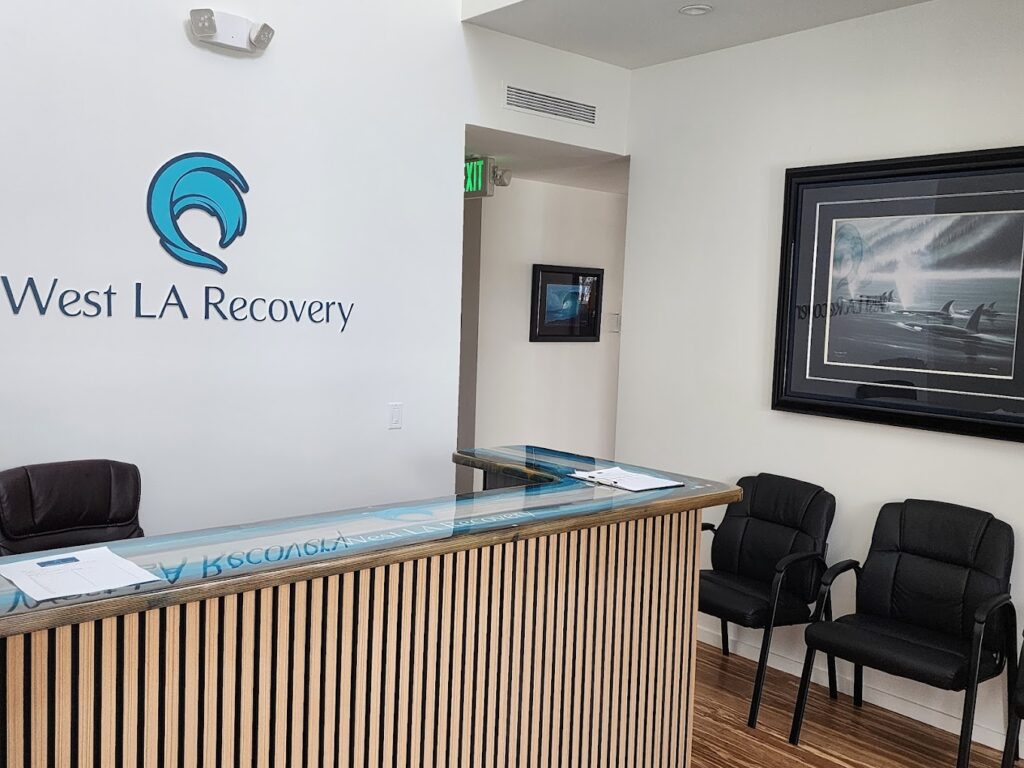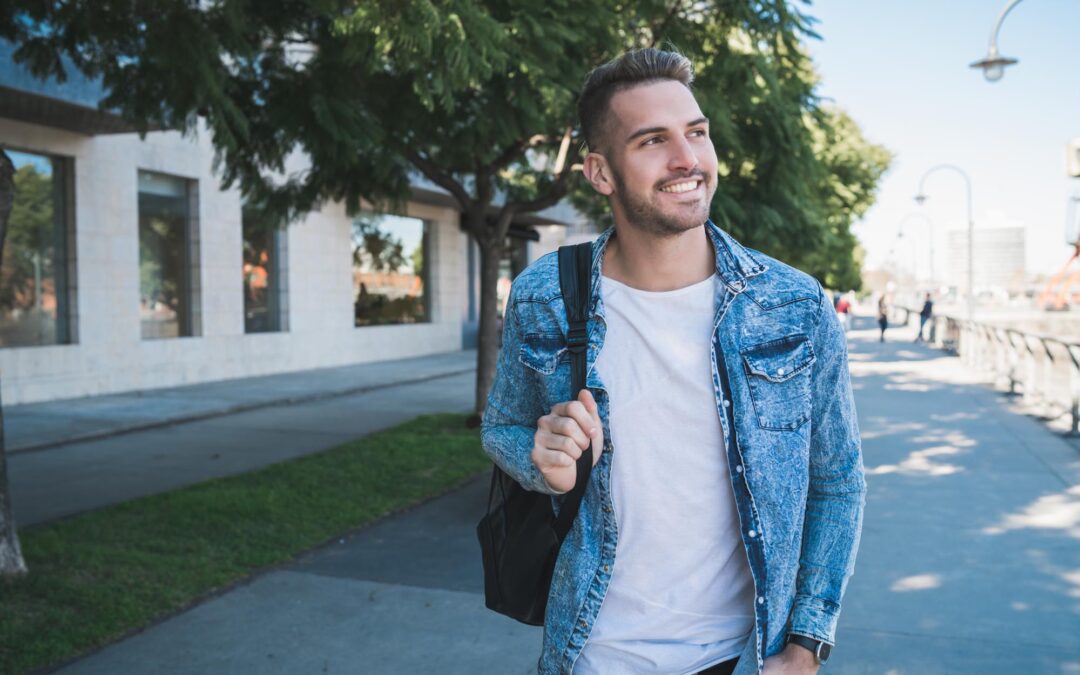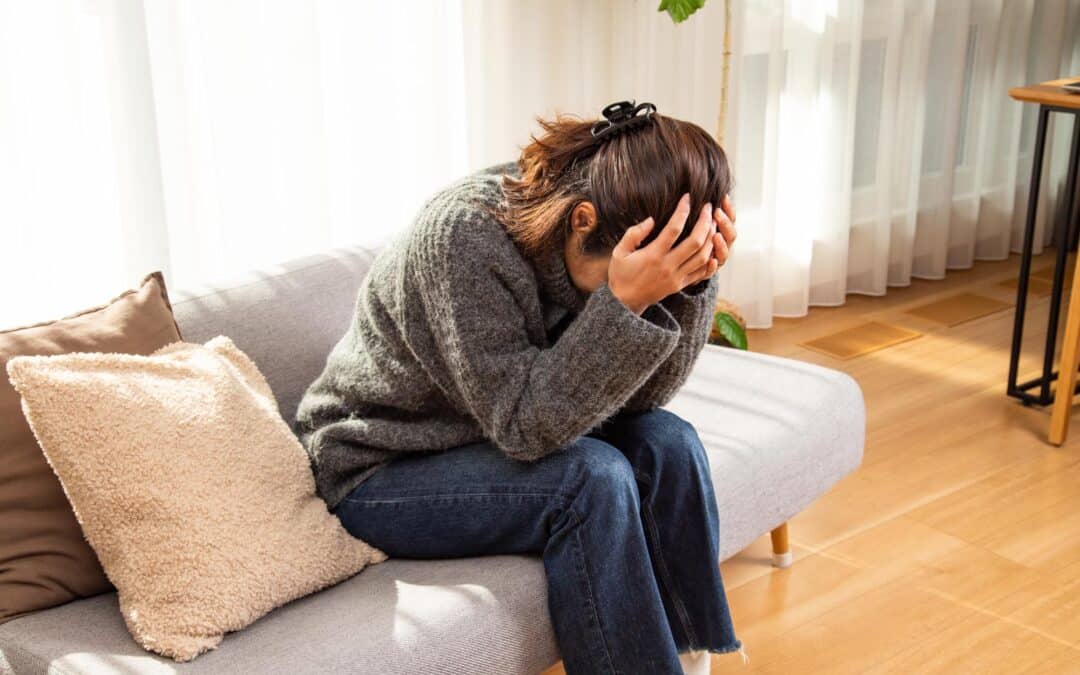1. West LA Recovery: Personalized Care for Cocaine Addiction

Cocaine addiction creates a profound sense of isolation that can feel overwhelming. You don’t have to face this battle alone. At West LA Recovery, we understand the unique challenges that come with cocaine dependency and provide specialized programs designed specifically for your recovery journey.
Our Treatment Approach
Our evidence-based treatment approach combines medical detoxification with comprehensive therapy services. You’ll work with experienced professionals who utilize proven methods including:
- Individual counseling sessions tailored to your specific needs
- Group therapy that builds connection and reduces isolation
- Cognitive Behavioral Therapy (CBT) to address thought patterns
- Medical supervision during detox to ensure your safety and comfort
Understanding the Consequences of Cocaine Addiction
It’s important to understand the serious consequences of cocaine addiction, including its severe effects on the heart, which can complicate the recovery process.
Dual Diagnosis Treatment
Many individuals struggling with cocaine addiction also face co-occurring mental health conditions such as depression, anxiety, or trauma. Our program addresses both your addiction and underlying mental health concerns simultaneously, creating a more effective path to lasting recovery.
Personalized Treatment Plans
Your treatment plan reflects your unique circumstances, background, and recovery goals. No two people experience cocaine addiction the same way, which is why cookie-cutter approaches often fall short. Our clinical team develops personalized strategies that consider your:
- Medical history and current health status
- Family dynamics and support systems
- Work or educational commitments
- Previous treatment experiences
Compassionate Care
Compassionate care forms the foundation of everything we do. You’ll find a judgment-free environment where healing can begin. Our staff recognizes that seeking help takes tremendous courage, and we honor that bravery by providing the support you deserve.
The Importance of Early Intervention
If you’re struggling with addiction and need immediate assistance, it’s crucial to seek help early for substance abuse. Early intervention significantly improves recovery outcomes.
Contact Us Today
Ready to break free from the isolation of cocaine addiction? Contact us today to learn how our personalized approach at one of the best drug rehabilitation centers in California can help you reclaim your life and build meaningful connections in recovery.
2. Mutual Support Groups: Building Community Through Shared Experience
Narcotics Anonymous and Cocaine Anonymous serve as powerful community resources for individuals struggling with cocaine addiction in Los Angeles. These mutual support groups operate on the proven 12-step program model, connecting you with others who understand the unique challenges of cocaine dependency. The peer-to-peer support structure creates an environment where you can share experiences without judgment while learning from those who have walked similar paths.
Joining these groups directly addresses the isolation that often accompanies cocaine addiction. When you participate in NA or CA meetings, you discover that you’re not alone in your struggles. The shared understanding within these communities provides emotional relief and practical guidance from people who genuinely comprehend what you’re experiencing.
Los Angeles offers extensive meeting options for both organizations:
- In-person meetings throughout the city and surrounding areas
- Online meetings for flexible participation from home
- Multiple daily meeting times to accommodate various schedules
- Spanish-speaking groups and other language-specific meetings
The accountability structure inherent in these programs helps maintain your recovery momentum. Regular attendance creates routine while building relationships with sponsors and group members who provide encouragement during challenging moments. You gain access to a network of individuals committed to sobriety, creating lasting connections that extend beyond meeting rooms and support your long-term recovery goals.
3. Helplines and Hotlines: Immediate Confidential Support Available 24/7
Cocaine addiction hotlines Los Angeles provide critical lifelines when you need support most. These confidential helplines cocaine use services operate around the clock, ensuring help remains accessible whether you’re struggling at 3 AM or during a busy workday.
Free helplines connect you directly with trained professionals who understand cocaine addiction’s complexities. When you call, specialists quickly link you to appropriate treatment centers, support groups, and counseling services throughout Los Angeles. You don’t need insurance or payment information – these services prioritize getting you help immediately.
Los Angeles’s diverse community benefits from multilingual services available through major helplines. Spanish, Korean, Armenian, and other language options ensure language barriers don’t prevent you from accessing support. Trained interpreters help facilitate conversations between you and treatment professionals.
Do I need help for cocaine? Consider calling a hotline if you experience:
- Inability to stop using despite wanting to quit
- Cocaine use interfering with work, relationships, or responsibilities
- Physical symptoms like chest pain, irregular heartbeat, or severe mood swings
- Spending significant money on cocaine despite financial strain
- Lying to loved ones about your usage patterns
Hotlines provide judgment-free assessments helping you understand your situation clearly. These conversations often serve as the first step toward recognizing problematic patterns and connecting with appropriate resources for your specific needs.
4. Government and Nonprofit Resources: Comprehensive Assistance Beyond Treatment
SAMHSA resources Los Angeles provide a comprehensive directory system that connects individuals struggling with cocaine addiction to verified treatment providers throughout the region. The Substance Abuse and Mental Health Services Administration maintains an extensive database of licensed facilities, making it easier for you to locate specialized care that meets your specific needs. You can access their treatment locator online or call their national helpline to speak with trained professionals who understand the unique challenges of community resources cocaine addiction LA.
Nonprofit support cocaine addiction extends beyond individual treatment to encompass family members and loved ones affected by addiction. Organizations like Al-Anon Family Groups offer dedicated support meetings for families dealing with substance abuse, while the National Alliance on Mental Illness provides educational resources and advocacy support. These nonprofits recognize that addiction impacts entire family systems, not just the individual using substances.
Building a robust recovery network requires accessing multiple layers of support simultaneously. Community resources for cocaine addiction in Los Angeles work most effectively when combined with professional treatment programs. You benefit from creating connections across different support systems – government resources for treatment access, nonprofit organizations for family support such as those outlined in this support guide for loved ones, and peer networks for ongoing encouragement.
Recovery Month 2025 presents an ideal opportunity to engage with these diverse resources while pursuing comprehensive treatment. Combining these community supports with our specialized programs creates a foundation for lasting recovery success. If you’re seeking more information about our services or wish to reach out, please visit our contact page. Additionally, if you or someone you know is struggling with related issues such as depression, we also provide resources and support in that area.
Recognizing the Signs: Is My Cocaine Use a Problem?

Is my cocaine use a problem? This question often arises when occasional use starts to shift into something more concerning. To determine if cocaine use is problematic, it’s important to honestly assess yourself and be aware of specific warning signs.
Physical Signs of Cocaine Use
Look out for these physical indicators:
- Frequent nosebleeds
- Weight loss
- Dilated pupils
- Sleep disturbances
You may also notice an increased tolerance, where you need larger amounts to achieve the same effects, or experience withdrawal symptoms like fatigue and depression when not using.
Behavioral Changes Associated with Cocaine Use
Changes in behavior can also be significant. Consider whether you have been:
- Prioritizing cocaine over responsibilities
- Isolating yourself from friends and family
- Spending excessive money on the substance
- Lying about your use patterns
Evaluating Your Need for Help
To assess whether you need help for cocaine use, ask yourself these critical questions:
- Has your use increased over time?
- Are you unable to stop despite negative consequences?
- Do you frequently think about cocaine throughout the day?
Understanding the Impact of Cocaine Addiction
Signs of cocaine addiction go beyond physical symptoms and can include relationship problems, work difficulties, and financial strain. It’s important to recognize that early intervention greatly improves recovery outcomes.
When these patterns emerge, seeking professional assessment becomes crucial.
Taking the First Step: How Do I Get Help for Cocaine Addiction?
How do I get help for cocaine addiction? The answer begins with understanding that seeking treatment for cocaine use requires courage, not weakness. Your decision to explore recovery options demonstrates strength and self-awareness.
It’s important to note that there are different forms of cocaine, such as crack cocaine. If you’re curious about the differences between crack and cocaine, it might be beneficial to educate yourself on this topic as it could influence your treatment approach.
Immediate Action Steps:
- Contact our admissions team at West LA Recovery for a confidential consultation
- Call the SAMHSA National Helpline at 1-800-662-4357 for 24/7 support
- Reach out to your primary care physician for medical guidance
- Connect with local Cocaine Anonymous meetings in Los Angeles
Preparing for Treatment
Initial assessments typically involve comprehensive evaluations of your physical health, mental state, and addiction severity. You’ll discuss your cocaine use patterns, medical history, and personal goals with our clinical team. This process helps create your individualized treatment plan.
Overcoming Fear and Stigma
Many people worry about judgment or consequences when they start the recovery process in Los Angeles. Remember that addiction is a medical condition, not a moral failing. Healthcare providers maintain strict confidentiality, and seeking help protects your future rather than jeopardizing it.
Your recovery journey starts with one phone call. You deserve compassionate, professional support tailored to your unique needs and circumstances.
Celebrating Recovery Month 2025: A Time for Hope and Connection
Recovery Month 2025 transforms September into a powerful celebration of healing and resilience across communities nationwide. This annual observance shines a spotlight on substance use disorders, including cocaine addiction, while honoring the millions of Americans who have achieved lasting recovery.
Los Angeles embraces this movement with open arms, hosting numerous events that bring together individuals, families, and supporters. You’ll find recovery walks in Griffith Park, community forums at local centers, and storytelling events where people share their journeys from addiction to hope. These gatherings create safe spaces where you can connect with others who understand your struggles.
Community support addiction recovery becomes tangible during Recovery Month through:
- Recovery resource fairs connecting you with local treatment options
- Family workshops addressing the ripple effects of addiction
- Peer support meetups fostering lasting friendships
- Educational seminars breaking down stigma barriers
Participating in these celebrating recovery Los Angeles events reinforces your commitment to sobriety. You discover that recovery isn’t a solitary journey—it’s a community effort where shared experiences create unbreakable bonds. These connections remind you that healing happens when we support each other.
FAQs (Frequently Asked Questions)
What specialized treatments does West LA Recovery offer for cocaine addiction?
West LA Recovery provides evidence-based treatments including medical detoxification and therapy, with tailored plans that address co-occurring mental health conditions. Their approach emphasizes compassionate care to reduce isolation and promote healing for individuals struggling with cocaine addiction.
How can mutual support groups like Narcotics Anonymous and Cocaine Anonymous help in cocaine addiction recovery?
Mutual support groups such as Narcotics Anonymous (NA) and Cocaine Anonymous (CA) offer peer support through the 12-step program, helping members alleviate feelings of loneliness associated with cocaine addiction. These groups provide accountability, encouragement, and shared understanding through local Los Angeles meetings and accessible online options.
Where can I find immediate confidential help for cocaine addiction in Los Angeles?
There are free, confidential helplines operating 24/7 in Los Angeles that connect callers quickly with treatment centers, support groups, and counseling services. These hotlines also offer multilingual services to cater to the diverse communities in LA and provide guidance on recognizing when to seek help for cocaine use.
What government and nonprofit resources are available for cocaine addiction support in Los Angeles?
Resources like SAMHSA provide directories to find local treatment providers and support groups in Los Angeles. Additionally, nonprofits offer family support services for those affected by a loved one’s addiction. Utilizing multiple community resources alongside professional care from centers like West LA Recovery strengthens the recovery network.
How do I know if my cocaine use is a problem requiring professional help?
Common behavioral and physical signs indicate problematic cocaine use, such as increased tolerance or withdrawal symptoms. Individuals can assess severity by asking themselves targeted questions about their usage patterns. Early intervention through available help channels like West LA Recovery is crucial for effective recovery.
What steps should I take to begin treatment for cocaine addiction in Los Angeles?
To start treatment, contact professional centers like West LA Recovery or call confidential helplines to initiate assessments. Be prepared for initial evaluations during entry into treatment programs. Overcoming fear or stigma is important; reaching out today empowers you to take control of your recovery journey.







